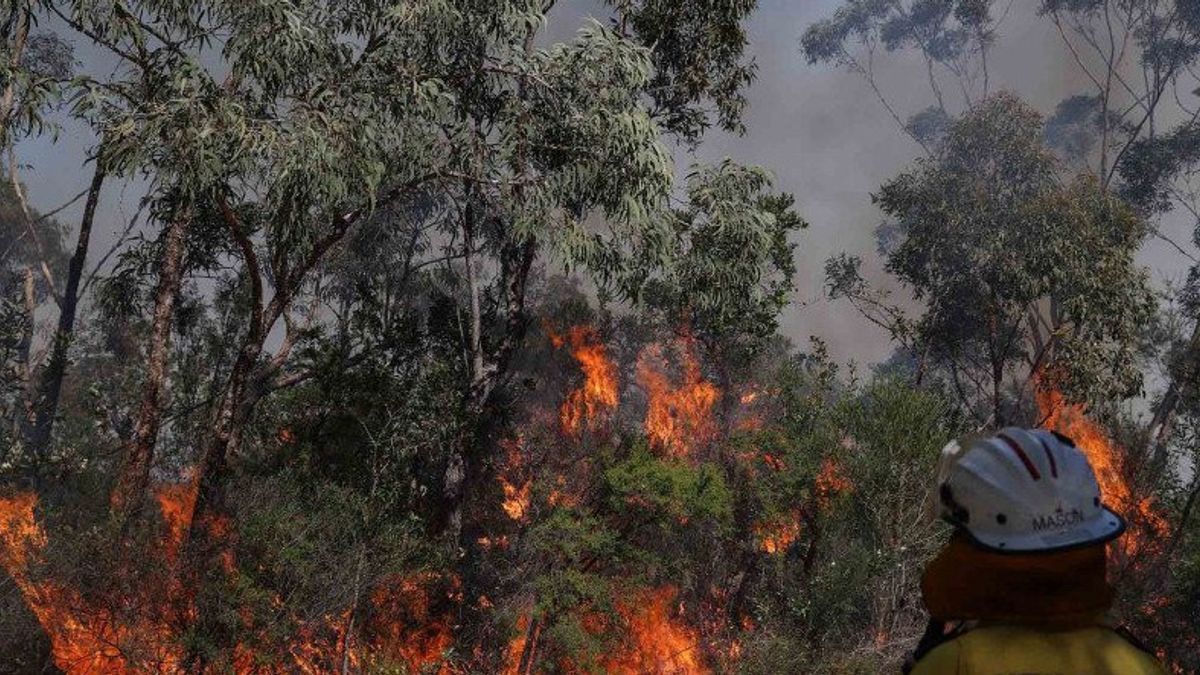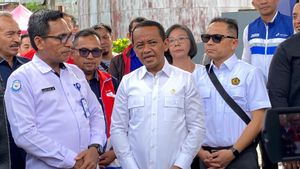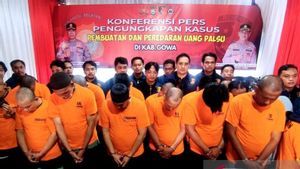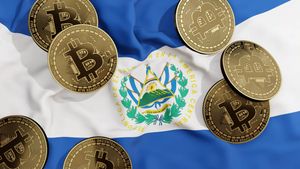JAKARTA - The establishment of an emergency alert status is one of the important keys to controlling forest and land fires (karhutla). And it managed to prevent Indonesia from 'falling into the same hole' as the devastating forest fires incident in 1997 and kept repeating itself until 2015.
The determination of the emergency alert status is administrative in nature, as the basis for policy making by government stakeholders. This effort is so that hotspots in fire-prone areas can be extinguished early and do not escalate. The policy of establishing an emergency alert status is a quick and appropriate step to prevent a bigger disaster threat from occurring. Saying the fire and forest fire emergency alert status in areas prone to fire as a form of repeated failure is clearly very dangerous, totally wrong, and must be straightened out,'' said Paradigm Director, Riko Kurniawan, Thursday, April 7th.
The twisting of the emergency alert status for forest and land fires, if allowed to run wild, can disturb the public's psychology and even disrupt political support for the ideals of permanent forest and land fire control that is being pioneered by the parties.
It should be noted that prior to 2015, fire-prone areas only received assistance when the hotspots had grown, and this was a fatal mistake because land, especially peat that had already been burned, was the most difficult to extinguish.
For this reason, it is very important for areas prone to forest and land fires to immediately establish an emergency alert status if field conditions indicate the emergence of hotspots, because that is where there is support from BNPB and other Task Force teams.
''The local government must have the courage to establish an emergency alert status more quickly. While other parties should not twist the determination of the emergency alert status as a form of failure, on the contrary, this is a step forward in controlling forest and land fires in Indonesia. This policy needs the support of all parties so that the permanent control of forest and land fires after the 2015 incident is getting stronger,'' said Riko.
The determination of the fire and forest fire emergency alert status must also be supported by Weather Modification Technology (TMC), as a form of prevention. With the addition of TMC, the number of rainy days increases, the dry peatlands are wet again, the reservoirs are filled again, as well as the canals so that the water level of the peat soil returns to a safe point.
“Dealing with forest and land fires must be fast and cannot wait. This attitude of waiting is what used to make the karhutla disaster repeat itself. The determination of the emergency alert status prevents Indonesia from falling into the same fault hole, because now the reservoirs and canals must be filled with water, so the ground team can extinguish the fire faster. This is a form of being alert in case of an emergency. The TMC team can only work if there is an emergency alert status determination, so these are two very important standard formulas for controlling forest and land fires,'' explained Riko.
President Jokowi's visit in 2014 to Sungai Tohor, Meranti, Riau, became a milestone where for the first time there was a political statement from the government to ensure the safety of the people from the threat of smoke disaster.
Riko said that the determination of emergency alert status and TMC is a short-term solution to prevent repeated haze disasters, while the long-term solution is peatland restoration and restoration. This solution has started with the policy of a permanent moratorium on primary forest and peat, as well as law enforcement. The issuance of the PP 57 policy on regulations governing the protection and management of peatlands is a step forward from the fatal mistakes of past policies.
"Paradigm appreciates the government's decisive steps to take the forest and forest fire actors from corporations to justice after the 2015 forest fires incident. Previously, policies governing peat were very vague, did not provide a deterrent effect, so that the damage to peatlands continued to be massive and the impact is still being felt today," ' said Riko.
The control of forest and land fires is increasingly directed with the support of social forestry policies, to ensure that aspects of gaps in natural resource tenure and conflicts are corrected. Including the policy of revoking millions of hectares of concession permits on land that is left abandoned.
''The revocation of the permit is the right step to ensure that the poor management of natural resources in the past does not occur in the future. With all these policy measures, it can be said that hotspots are much reduced compared to 2015 and smoke incidents have been reported to have disappeared since 2016, 2017, 2018, 2020, 2021. Except for the 2019 incident where we were slow to take preventive measures by handling emergency alerts, weather modifications and slow law enforcement, this must be an important lesson in 2022 and beyond," explained Riko.
Paradigm asks local governments to be brave enough to act quickly in setting emergency alert status, because if it's too late, the costs needed for blackouts will be much higher. Prevention is certainly better than extinguishing.
''So don't say TMC is a waste of money, it's an effort so that we don't experience a much bigger loss, even threatening the safety of human life. Don't repeat the dark history of forest and land fires in Indonesia,'' said Riko.
Due to the condition of peat that has been converted into oil palm plantations, and there are still many tenure conflicts, as well as climate change conditions that are indeed increasingly extreme, it is certain that forest and land fires will still occur. But the most important thing is to oversee the concrete handling in stages, both in the short and long term.
''With the very heavy environmental burden caused by past policies, hoping for zero hotspots or no fires at all in a short time of a decade is certainly very naive, but that doesn't mean it's impossible,'' Riko said.
Change cannot happen instantly, for that Paradigm invites all parties to take a role to increase understanding and be involved directly or indirectly in the policy of establishing emergency alert, weather modification, peatland restoration and protection, law enforcement, revocation of permits, social forestry where land access is entrusted to the people, and other key policies that support a smoke-free Indonesia.
''For regional heads who are already very prone to forest and land fires, don't hesitate to establish an emergency alert status so that hotspots can be intervened more quickly. Don't let the hotspots spread and turn into a smoke disaster that harms all of us,'' Riko reminded.
The English, Chinese, Japanese, Arabic, and French versions are automatically generated by the AI. So there may still be inaccuracies in translating, please always see Indonesian as our main language. (system supported by DigitalSiber.id)













